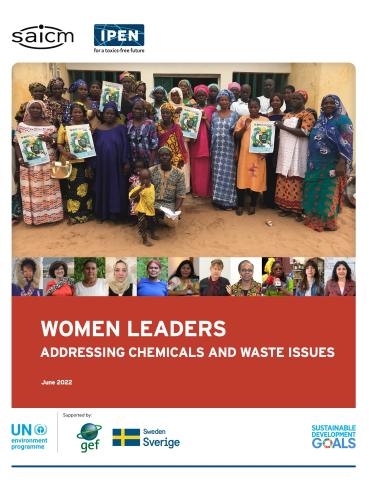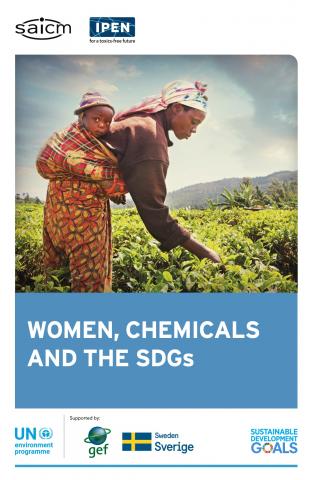At-A-Glance Views

Women are differently susceptible to chemical exposures and health outcomes because of their physiology, different types of occupational exposures, and differential exposures to chemicals in personal care and household products. Women cannot be empowered nor gender equality achieved if exposures to hazardous chemicals leave women suffering from cancer, chronic illnesses, infertility, and damage to their nervous systems.
Gender equality is a fundamental human right that is well-established in international law. Women face substantive barriers to the achievement of equality due to factors such as poverty, prejudice, violence, oppressive social and institutional structures, and lack of inclusion in decisions that affect their lives.[1] Women and girls should be free to realize their potential and rights in all aspects of their lives.
Women Leaders: Addressing Chemicals and Waste Issues
People of all gender identities must have the same rights and opportunities to participate fully in their communities, free from the health threats posed by toxic chemicals. These stories highlight women across the globe who are leading work in their communities, nations, and internationally for stronger protections from harmful chemicals.
Women, Chemicals and the SDGs
What steps can be taken to safeguard the health of women and empower women in decision-making? This report provides evidence of the issues and impacts on and of women and aims to help all those working towards sustainable development.
To ensure realization of the goal of gender equality (Sustainable Development Goal #5), in 2017 IPEN developed a Gender Initiative to empower women in our work to achieve a toxics-free future.
This Initiative was drafted by the IPEN Co-Chairs at that time (Dr. Olga Speranskaya and Pamela Miller) with comments and suggestions provided by a group of women gathered in California, USA, for IPEN's 2016 Global Meeting, as well as from consultations with IPEN Participating Organizations. It builds on their ideas and achievements, and reflects global trends and accumulation of evidence about what should be done to close the existing gaps in gender equality.
IPEN’s Gender Initiative aims to enhance the role of women and women’s leadership in local, regional, national, and global efforts to reduce exposures to harmful chemicals and wastes. IPEN will continually work to expand the role of women and leadership of women within the network at all levels.
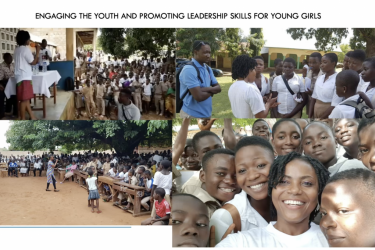
Later in 2017, during the 3rd United Nations Environment Assembly (UNEA3), IPEN and the United Nations Environment Programme (UNEP) held a press conference to announce a new partnership to contribute to the work on Gender and Chemicals, through a focus on women. IPEN Co-Chair Dr. Olga Speranskaya opened the press conference with a statement on the partnership, reminding attendees: "There are nearly 4 billion women and girls on the planet. Despite the fact that women make up roughly half of the population and chemical exposure is widespread, knowledge of exposure routes and the true impacts of chemical exposures on women are difficult to determine because there is a lack of gender-disaggregated data."
Publications & Videos
- Women and Chemicals Newsletter (July-December 2023)
- Women and Chemicals Newsletter (December 2022)
- Women Leaders: Addressing Chemicals and Waste Issues (2022)
- Women and Chemicals courses (2021)
- Women, Chemicals and the SDGs (2021)
- Video, IPEN panel on Gender Equality: Fostering Women’s Leadership in Decision-Making (2020)
- Short Video about Gender & Chemicals (2020)
- Mercury Threat to Women & Children Across Three Oceans: Elevated Mercury in Women in Small Island States & Countries (2018)
- Mercury Threat Across 3 Oceans: A Molokai Mom's Story (2018)
- Protecting the Health of Women, Children and Future Generations (2018)
- Mercury in Women of Child-Bearing Age in 25 Countries (2017)
- Women and Chemical Safety (2017) (Related poster)
- Mercury Monitoring in Women of Child-Bearing Age in the Asia and the Pacific Region (2017)
- Stories of Women Workers in Vietnam's Electronics Industry (2017)
- IPEN Global Newlsetter: Women and Chemicals (2017)
- Cultivating an IPEN Gender Initiative (2017)
- Monitoring Mother Earth by Monitoring Mothers' Milk (2009)
- POPs and Women's Health (2006)
Events
See all of the Women's Caucus events here.
[1] Fredman, S. and B. Goldblatt. Gender Equality and Human Rights. July 2015. Discussion Paper for the Progress of the World’s Women 2015-2016 Number 4. United Nations Women.
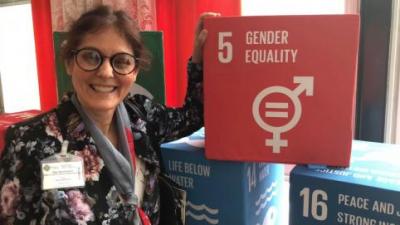
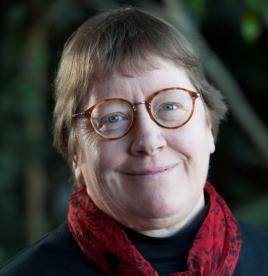
Updates from IPEN's Women's Caucus
Main Right Block
Debug toxic priority variant

